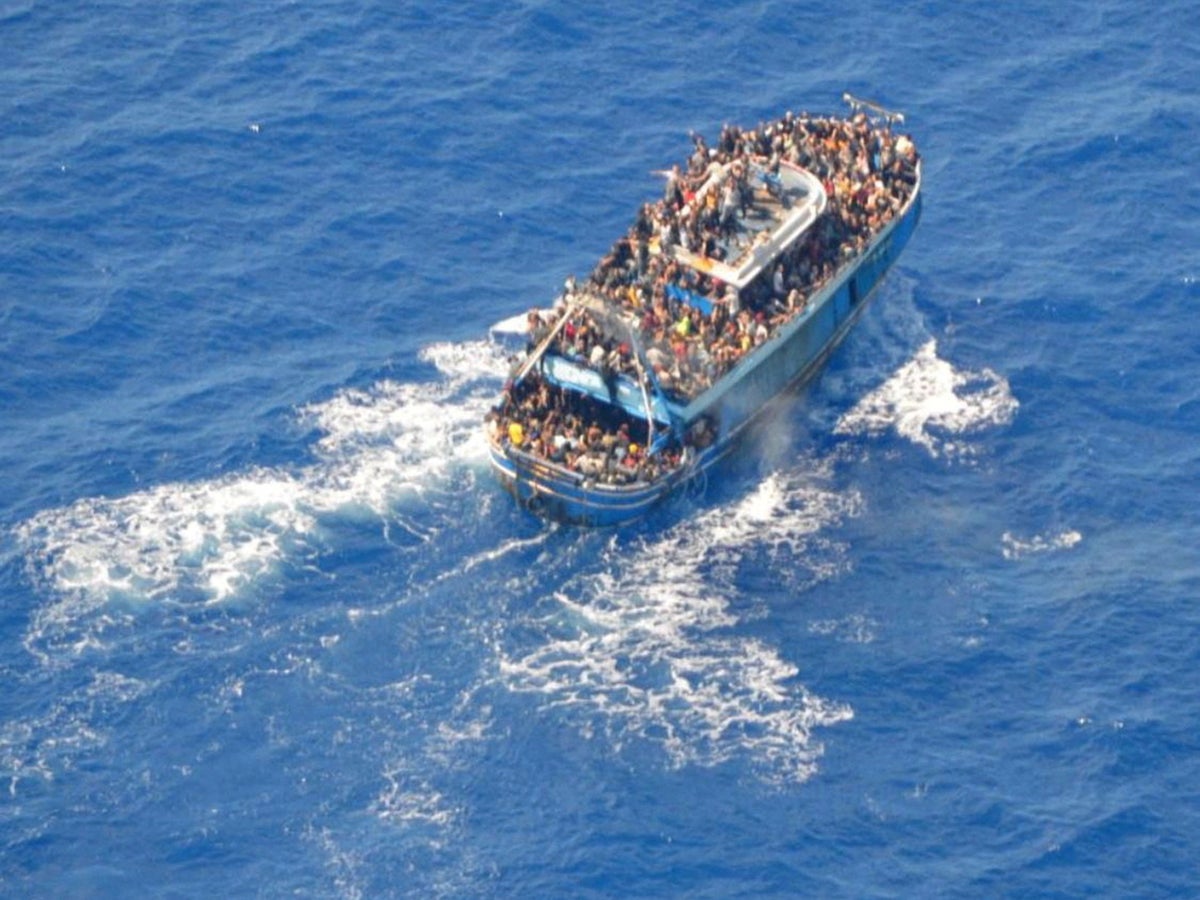
Nine Egyptians accused of belonging to a people-smuggling ring behind one of the worst-ever migrant boat disasters appeared in court on Tuesday as efforts continued to recover victims’ bodies from the Mediterranean Sea.
The men face multiple charges over last week’s sinking of a dilapidated fishing trawler, which was carrying up to 750 migrants from Libya to Italy.
More than 500 are still missing; 81 bodies have been recovered and 104 migrants – all men – were rescued from the waters.
The suspects appeared in a court in Kalamata, southern Greece, as World Refugee Day was marked across the globe.
European Commission president Ursula von der Leyen said the EU should help African countries such as Tunisia and Libya to stabilise their economies, and finalise a long-awaited reform of the bloc’s asylum rules.
“It is horrible, what happened, and the more urgent thing is that we act,” she said.
Syrian and Pakistani survivors reportedly identified the suspects over the weekend as having been involved in sailing the ship.
Five other suspects were arrested in Pakistan, where police launched a crackdown this week on human smuggling after 12 Pakistani nationals were identified among the survivors.
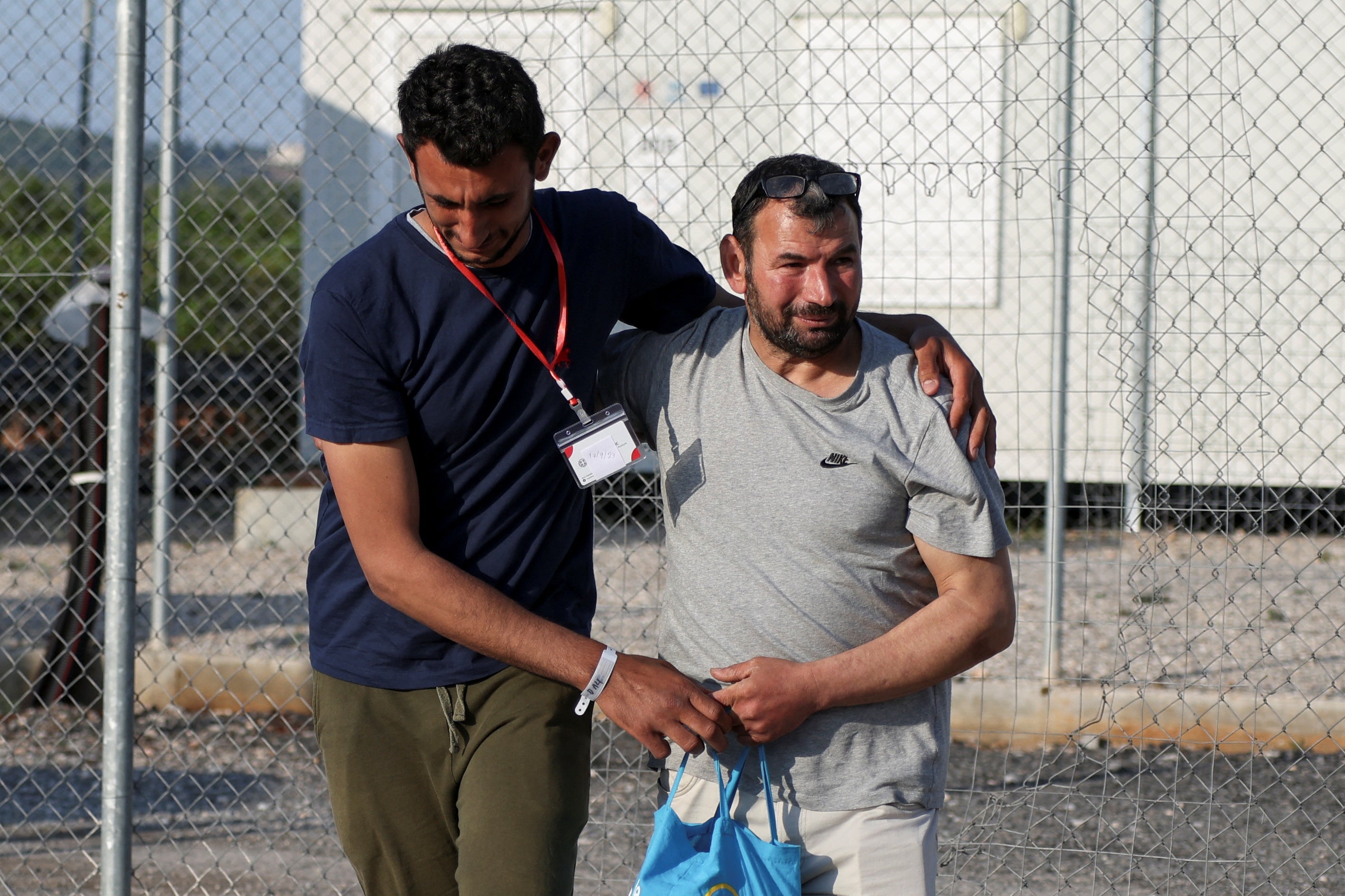
Relatives of at least 124 Pakistanis have contacted authorities to ask about missing loved ones believed to be on the trawler.
The boat is thought to have set off with passengers from the Libyan coastal city of Tobruk on 10 June. Greek authorities say the vessel, which they had monitored for about 15 hours after being alerted by Italy, flipped and capsized about 25 minutes after its engine stalled in the early hours of 14 June.
Authorities said the vessel repeatedly refused Greek help, saying it wanted to go to Italy.
Alarm Phone, an advocacy group that was in communication with the vessel, said that on at least two occasions people on board pleaded for help. The group said it alerted Greek authorities and aid agencies hours before the disaster unfolded.
Greek authorities also denied reports the vessel was stationary for hours, saying that it had sailed a distance of about 30 nautical miles from its detection to its sinking. Over a 15-hour period, that would suggest the boat going at a crawl.
Some survivors have said the trawler had been under tow by another vessel just before it sank. Greek officials have insisted the coast guard did not tow the migrant ship at any point, and only briefly had a line attached to it hours before it capsized and sank in international waters.
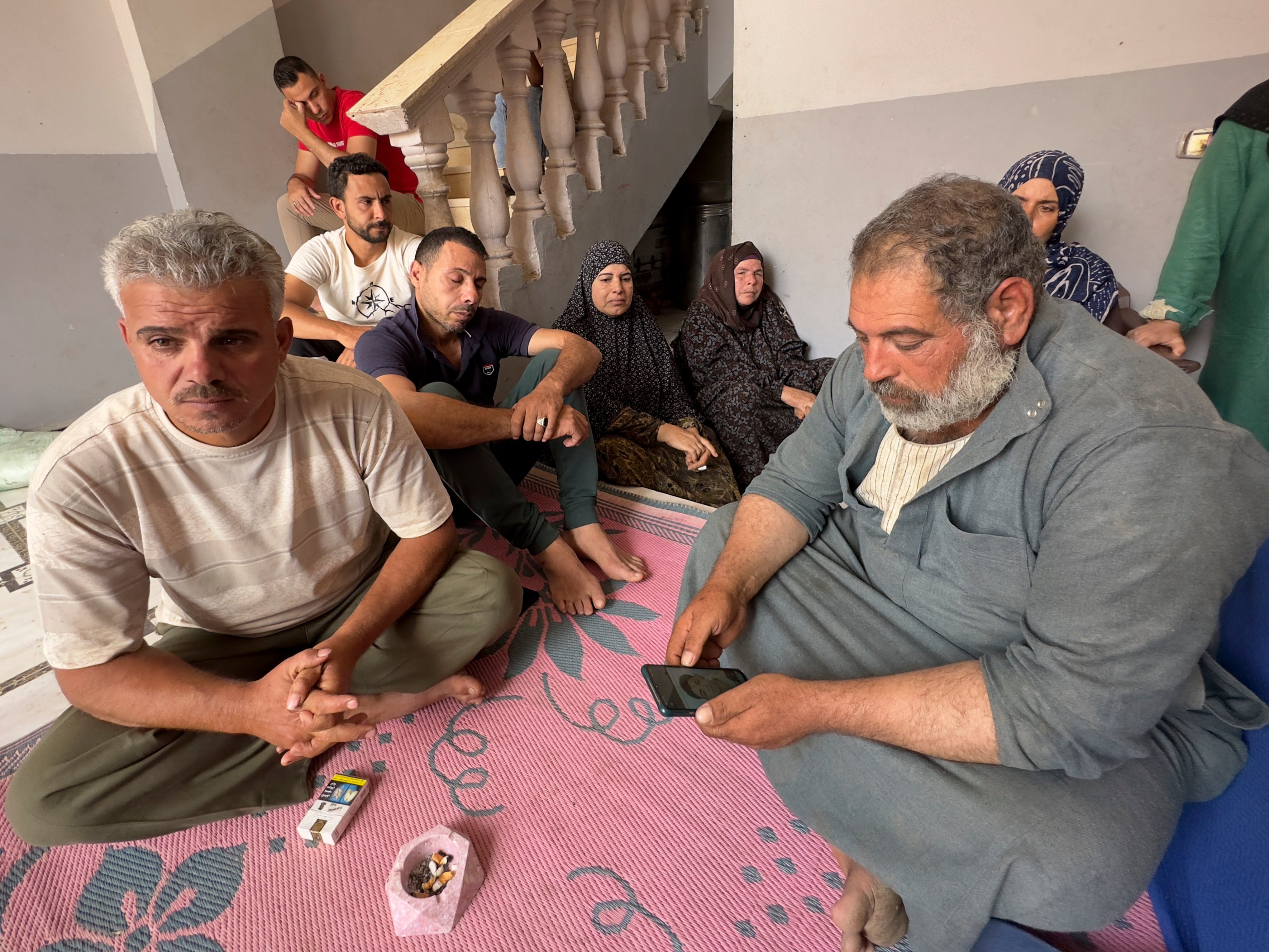
Full details remain unclear; photos and videos taken hours before the sinking show people crammed on all available open spaces of the trawler. Survivors have said the ship’s hold was also packed with people, including many women and children.
One survivor, Ali Sheikhi from Kobani, Syria, told Kurdish news channel Rudaw that he and other relatives agreed to pay smugglers $4,000 each for the trip; his younger brother drowned.
He said the smugglers didn’t allow anyone to bring life jackets and threw whatever food the passengers had into the sea.
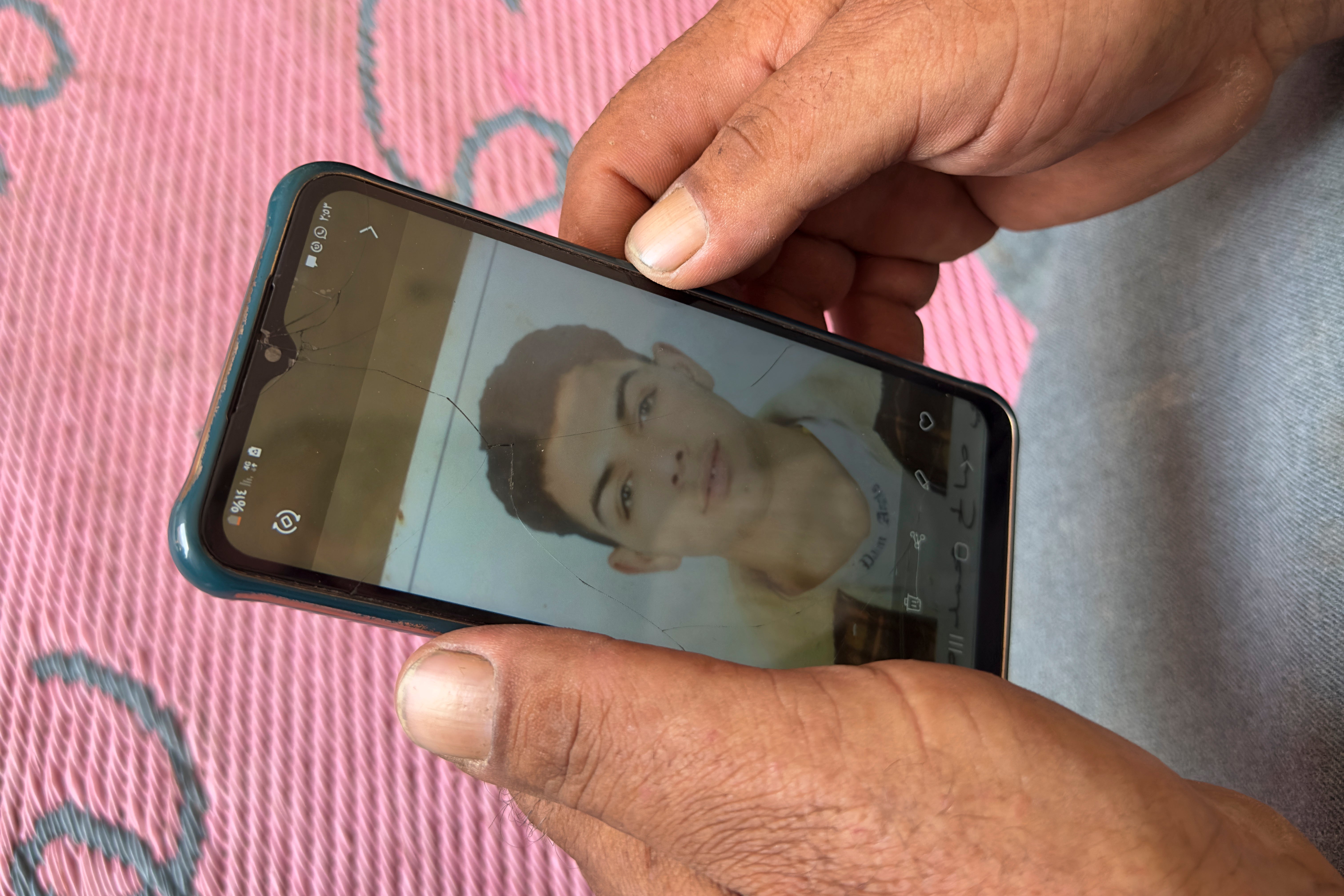
By the time the ship sank, they had been at sea for five days. Water ran out after a day and a half, and he said some passengers resorted to drinking seawater.
Crucially, Sheikhi said the trawler went down after its engine broke down and another vessel tried to tow it. “In the pulling, [the trawler] sank,” he said. “We don’t know who it belonged to.”
Similar claims have been made by other survivors in accounts posted on social media.
Most survivors have been transported to a migration holding facility north of Athens.
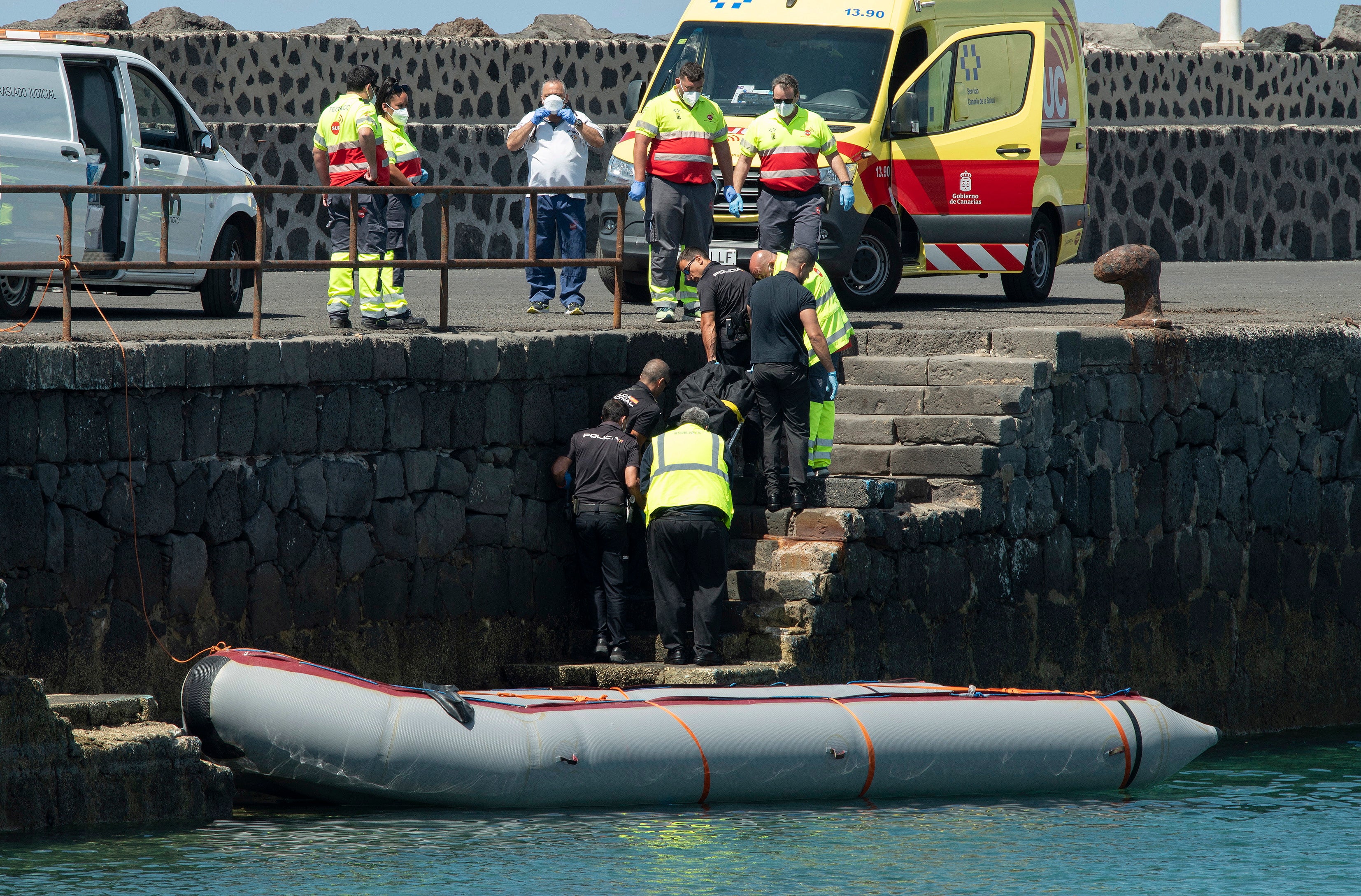
Separately, a pregnant woman died trying to reach Spain’s Canary Islands, the country’s coastguard said after her body was found on a dinghy carrying around 50 migrants near the Atlantic coast of Lanzarote.
A fishing boat had spotted the migrants near Lanzarote’s Los Cocoteros beach. The woman’s body was found in the dinghy with 42 men, seven women and three children on board.
At least 5,914 people reached the Canary Islands between 1 January and 15 June this year, according to Spanish government figures, a 31.5 per cent drop compared with the same period in 2022.
Reuters and Associated Press contributed to this report







